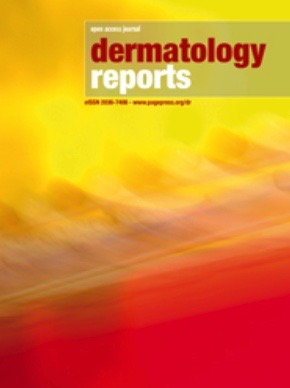Successfully maintained complete remission of mycosis fungoides by umbilical cord blood transplantation: a case report and literature review
All claims expressed in this article are solely those of the authors and do not necessarily represent those of their affiliated organizations, or those of the publisher, the editors and the reviewers. Any product that may be evaluated in this article or claim that may be made by its manufacturer is not guaranteed or endorsed by the publisher.
Authors
Mycosis fungoides (MF) is a major variant of primary cutaneous T-cell lymphoma (CTCL) characterized by infiltration of neoplastic T cells in the epidermis and dermis. This disease progresses gradually and rarely reaches an advanced stage. Once advanced, MF is nearly impossible to treat due to limited therapeutic options. However, allogeneic hematopoietic stem cell transplantation (allo-HSCT) has recently emerged as a potential treatment. Among hematopoietic stem cell (HSC) sources, umbilical cord blood transplantation (UCBT) offers significant advantages. Despite its potential, there are challenges in applying UCBT to adults, and there are only a few reports on its use for MF. We report a Japanese case of advanced MF maintaining complete remission (CR) with UCBT and review previous cases of CTCL, including MF, treated with UCBT.
How to Cite

This work is licensed under a Creative Commons Attribution-NonCommercial 4.0 International License.








